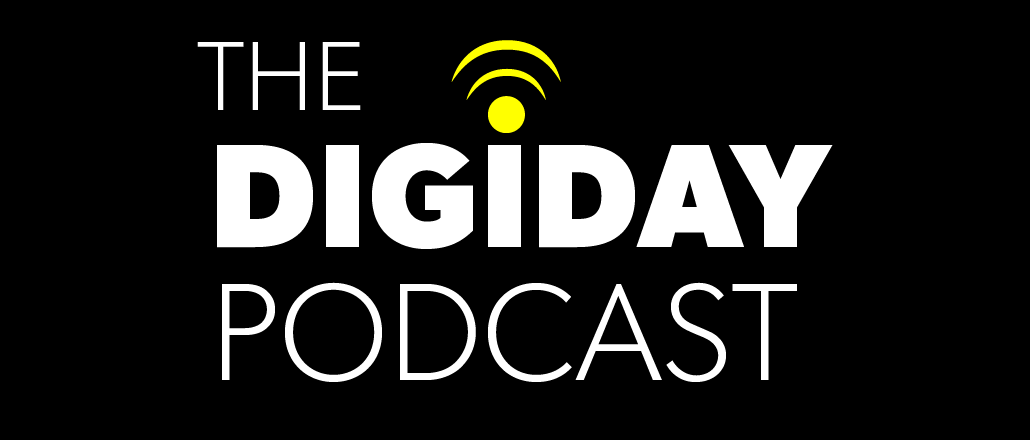
These are strange days in media. In an age of algorithms, sites can come out of nowhere to amass gigantic audiences — and by the same token, watch as algorithms take those audiences away just as quickly.
Welcome to the age of “disposable media,” as Rafat Ali calls it. The CEO of travel information startup Skift, Ali discussed the dangers of riding the Facebook wave, among other topics on this week’s Digiday podcast.
Some edited highlights:
Media takes time.
“The hardest part is keeping your head down while there’s so much noise around you in all sorts of ways, about how you should build your company and fund your company. Everyone has a point of view. It’s keeping focus on what you think you should do. The gestation period of media startups is much longer. It takes a long time to build a brand.”
Media isn’t tech.
“The biggest myth people have is if you infuse tech into a media company, it becomes a tech company. Tech-infused media is still media. Tech is the base layer. But the economics of the company don’t change because it has tech in it. If you talk to the media entrepreneurs that have raised a lot of money, if you get a few drinks in them, they’ll say that’s what VCs want to hear.”
The middle gets squashed.
“The middle market is dead. This is true in the newspaper industry. Back then, 20 million uniques used to be large; now that’s midsize. Agencies won’t look at you seriously. The middle, if you’re a generalist, is dead.”
Media is disposable.
“It’s smart to be riding a rocket ship, but understand it will at some point stop. It’s the age of disposable media. Companies that ride the wave and then go away. Elite Daily, the smartest thing they did was sell. Would they exist in three years? I don’t know. These smaller companies that grow really fast, would they exist? I don’t know. Chaos is the norm in this world.”
The GigaOm lesson: Terrible management sinks companies.
“My understanding is that … it was a huge mismanagement. The costs were very high for the revenues they were bringing. They raised tons of money. To give returns to their investors was going to be very difficult. They got swept up in being in Silicon Valley. All the companies they were covering had a high valuation. They thought they were going to be there.”
Media is hard.
“It’s about execution. It’s about daily execution. The thing about media is the product changes everyday. Media startups are twice harder than other startups.”
More in Media

Digiday+ Research: Dow Jones, Business Insider and other publishers on AI-driven search
This report explores how publishers are navigating search as AI reshapes how people access information and how publishers monetize content.

In Graphic Detail: AI licensing deals, protection measures aren’t slowing web scraping
AI bots are increasingly mining publisher content, with new data showing publishers are losing the traffic battle even as demand grows.

In Graphic Detail: The scale of the challenge facing publishers, politicians eager to damage Google’s adland dominance
Last year was a blowout ad revenue year for Google, despite challenges from several quarters.





